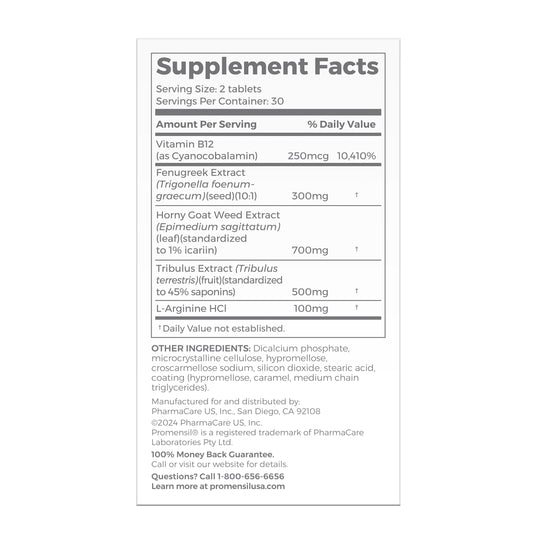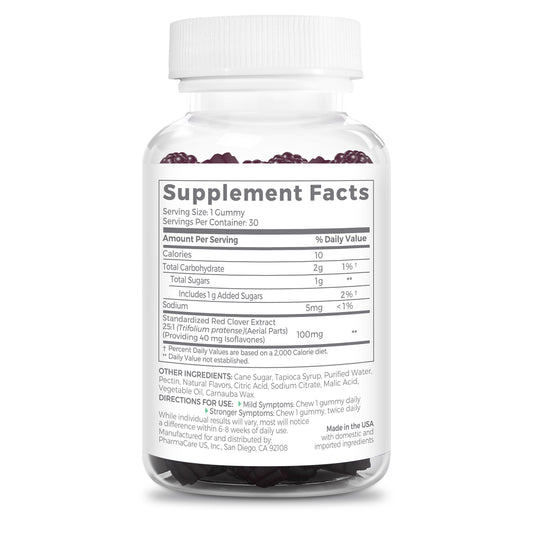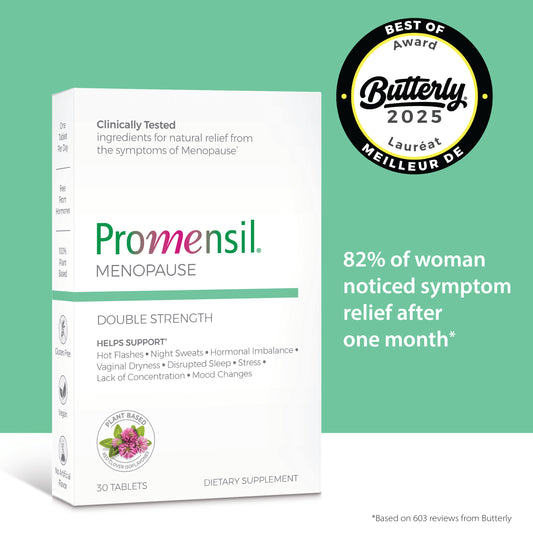Signs of Menopause
The average number of transitional years before Menopause is 4-5
Every woman will experience the transition towards Menopause in their own unique way. For some, it will be gradual with minor to hardly noticeable symptoms. But for others, this process can be marked with severe symptoms that can impact quality of life. Oftentimes, the severity of symptoms experienced during Perimenopause will increase in the year or two leading up to Menopause.

Menopause Symptoms
Early Menopause
Women 40 or younger may hit Menopause early
Women 40 and younger may reach menopause early due to an abnormal thyroid, lupus or other medical conditions. Women with a family history of early menopause, smokers, those who have undergone cancer treatments, or have had a hysterectomy or oophorectomy may also reach menopause early.
If you're experiencing signs of Menopause at 40 or younger, you can speak with your doctor or healthcare provider for treatment options.











